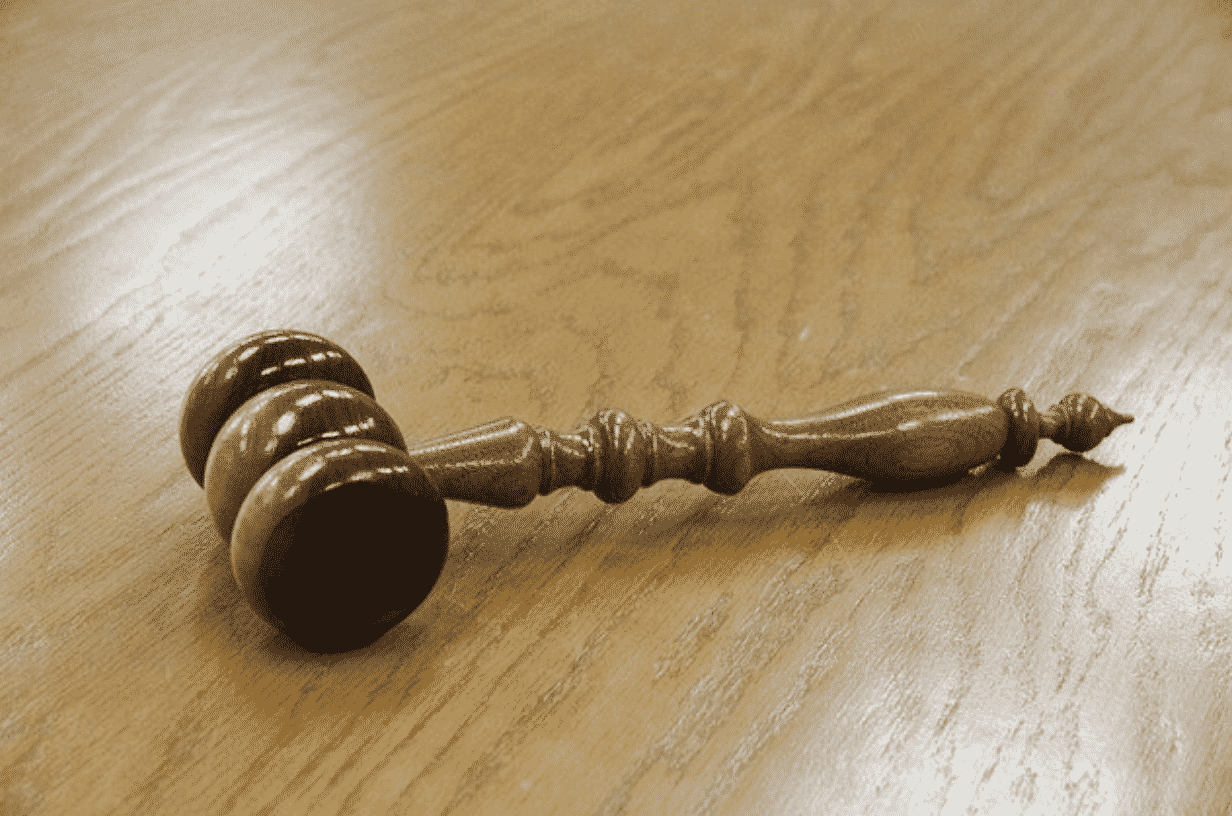How to Get Your Driver’s License Reinstated in Oregon after a Lifetime Revocation

In the state of Oregon, certain criminal convictions can lead to the permanent revocation of your driver's license. For example, a third DUII conviction or felony DUII are are the most common reasons for a permanent, or lifetime, revocation.
When your driving privileges are revoked, it has an impact on your day-to-day activities, such as traveling to work, picking up your children, or completing daily tasks. Fortunately, there are ways to restore your driving privileges in Oregon. It helps if you have the help of an experienced lawyer.
Lifetime Revocation in Oregon
In Oregon, lifetime revocation of driving privileges is most commonly the result of repeated DUII convictions. However, there are certain criminal convictions that may also result in revocation.
This includes crimes like Assault in the First degree and Criminally Negligent Homicide, when involving a motor vehicle. The state's legal framework, particularly under ORS 809.409, outlines the serious vehicular-related offenses that warrant permanent revocation.
Restoration of a Permanently Suspended License in Oregon
After your driver's license has been revoked for life, you might think that is the end of the story. However, under certain circumstances, you could be eligible for reinstatement after a period of 10 years. Some factors could affect the timing of your eligibility, such as:
- Probation Revocation
- Conviction Date
- Subsequent vehicle-related convictions
- Date released from Parole or Post Prison Supervision
Oregon Revised Statute 809.235 outlines the requirements and process for reinstatement, which will also be discussed further in this post. For specific information about your individual eligibility for reinstatement, you will need to consult with a lawyer knowledgeable about restoring driving privileges.
The 4 Steps to Restore Your License
It can be a challenge to restore your driving privileges after they have been permanently revoked. However, a suspended license in Oregon is not the end of the line. If you meet specific criteria, you can request reinstatement from the courts.
- Obtain records, including police reports, judgment of conviction, probation and parole records, and proof of completion of treatment.
- You must file a petition with the circuit court in the county in which you were revoked. Within that petition, you must request an order from the judge that grants you the restoration of your driving privileges. The District Attorney must be served with a copy of the petition.
- A hearing will be conducted, during which a judge will determine whether to reinstate your right to apply for a driver’s license.
- Have an ignition interlock device installed on your vehicle.
- Finally, you can apply for a driver’s license.
A Brief Look At the Judicial Considerations
Getting your driving privileges back after a license suspension in Oregon is no easy task. There are several factors that a judge will consider under ORS 809.235.
The Nature of the Offense and the Degree of Violence Involved
The judge will consider the nature of your driving convictions and whether any violence was involved in the offense for which your license was revoked. The judge will also consider any criminal or non-criminal behavior before and after your conviction as well as any other relevant information.
Completion of Treatment
If you were ordered to complete an alcohol and drug treatment program as part of the court’s sentence, you must show proof of completing a qualifying treatment program. This is an absolute requirement for reinstatement. If you had issues completing treatment, talk to an experienced lawyer about how best to proceed before filing a petition.
Criminal and Relevant Noncriminal Behavior
The judge is required to consider behavior both before and after the conviction that resulted in revocation. It may be helpful to expunge eligible criminal convictions prior to petitioning for reinstatement.
If you have had stalking or restraining orders or other potentially relevant noncriminal behavior take place, this will also need to be addressed. Ultimately, you must be prepared to discuss your entire history.
Recommendation of a Parole Officer
If you were sentenced to prison, additional requirements apply. You must have the recommendation of a parole officer and it must be based on a psychological evaluation ordered by the court.
The Requirements for Successful Restoration of Driving Privileges
The judge can consider any other relevant factors and must find by ‘clear and convincing evidence’ that you are eligible, rehabilitated, and do not pose a threat to the safety of the public.
The judge will consider your history and character, which includes whether you have been a law-abiding member of the community. They are trying to discern whether or not you are likely to remain law-abiding, whether driving or not.
You are permitted to submit letters of support from friends and family. This can be an important tool in helping the district attorney and judge draw conclusions about your character, so make sure the letters communicate the right information.
Here is a link for a video that can provide guidance on writing a letter of support: https://www.youtube.com/watch?v=sTNNKGnsFlM
It Can Be a Complex Process
Many factors will be taken into consideration in your case. The District Attorney will take a position on your petition and be present at the court hearing to argue on behalf of the state. The judge will consider all of the above factors and anything else deemed to be relevant.
Success requires that you prove you do not pose a threat to the public. After waiting ten years or more, it is important to make your best case. This requires having the same documentation the District Attorney has and will present to the court. Preparation is key. It is best to have the help of an attorney experienced in restoring driving privileges.
Mandatory Hearing
Hearings are required, whether or not the State is opposing your petition. They usually take 30 to 90 minutes, depending on how many people you have testifying and whether or not the State plans to present any relevant witnesses.
If the petition is opposed by the district attorney, it is especially important to have people there to provide support. Friends and family can testify on your behalf, offering evidence of your good standing in the community.
You will likely want to testify on your own behalf at the hearing. When doing so, be sincere and honest. The judge wants to know you are willing to take responsibility for past mistakes rather than making excuses.
This may be difficult, especially when you feel compelled to explain the past, but an experienced attorney can help you prepare your testimony and reduce anxiety about the hearing process.
License Reinstatement Fees
With the petition and reinstatement, you will have to pay several fees, such as:
- Court Filing fee
- License Reinstatement fee
- Knowledge Test fee
- Driving Test fee
- Ignition Interlock Device (IID)
- SR-22 Insurance Certificate
Ignition Interlock Devices
In Oregon, individuals whose driving privileges are restored after a lifetime revocation are usually required to install an Ignition Interlock Device (IID). Under ORS 813.602, an IID is mandatory for five years from the end of a license revocation.
An IID requires the driver to provide a breath sample before the engine will start. If the device detects alcohol above a pre-set limit, the vehicle will not start. Some IIDs also require tests to be administered periodically while driving.
Failure reports are provided to the Oregon State Police and may also be transmitted to courts or the Department of Motor Vehicles. If you remove or tamper with an IID, the installer is required to report this to the court, the district attorney, and the Oregon State Police.
For more information, here is a link to the DMV guide on suspensions and revocations: www.oregon.gov/odot/Forms/DMV/7484.pdf
Insurance Requirements
Reinstated drivers must meet specific insurance requirements in the state by obtaining an SR-22 insurance certificate. Talk to your insurance provider about the cost and requirements.
You Don’t Have to Do it Alone
The restoration process can be difficult, and you don't want to handle it by yourself. At Lohrke Law, our legal team has the experience to handle these complicated driving privilege reinstatement cases in Oregon.

